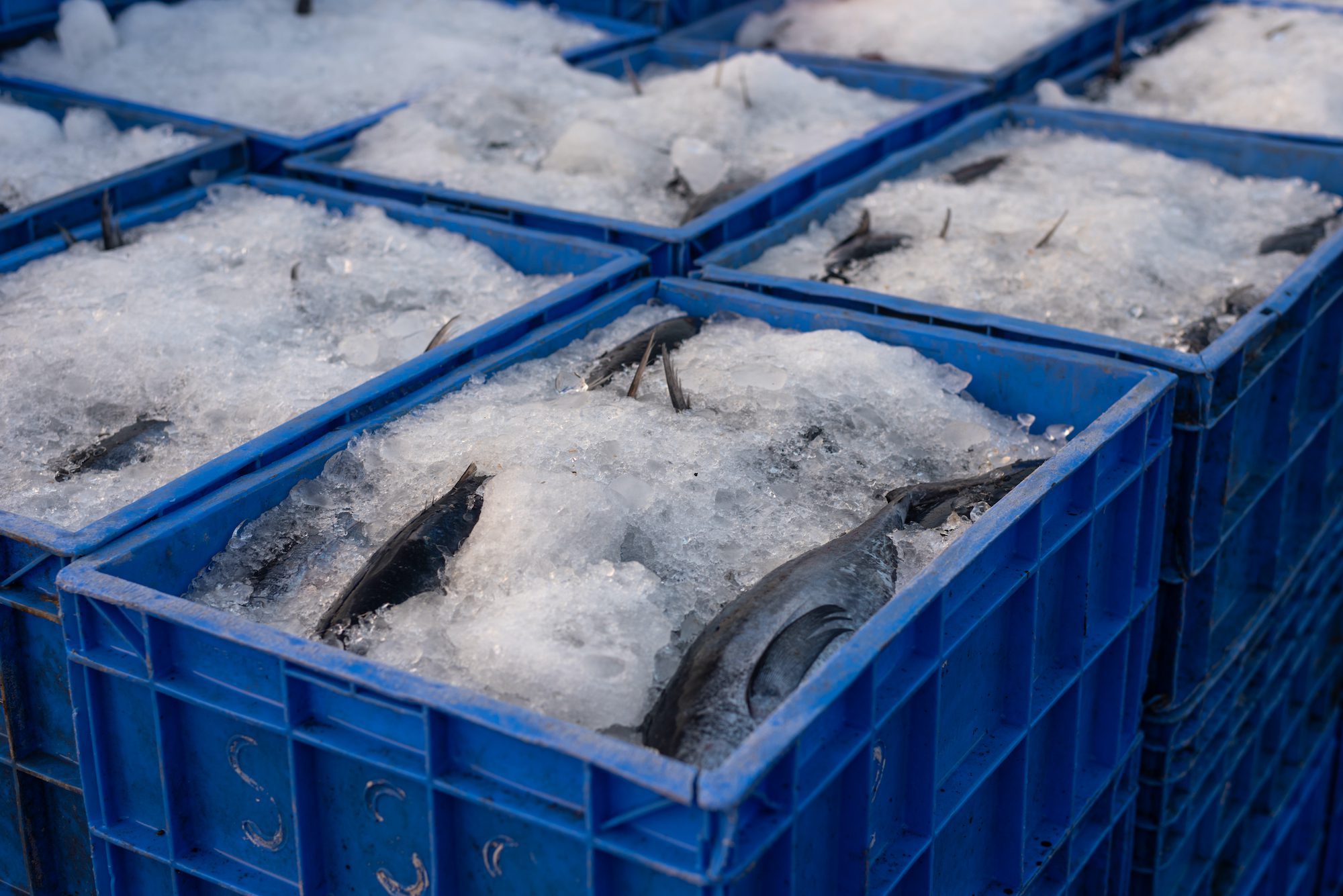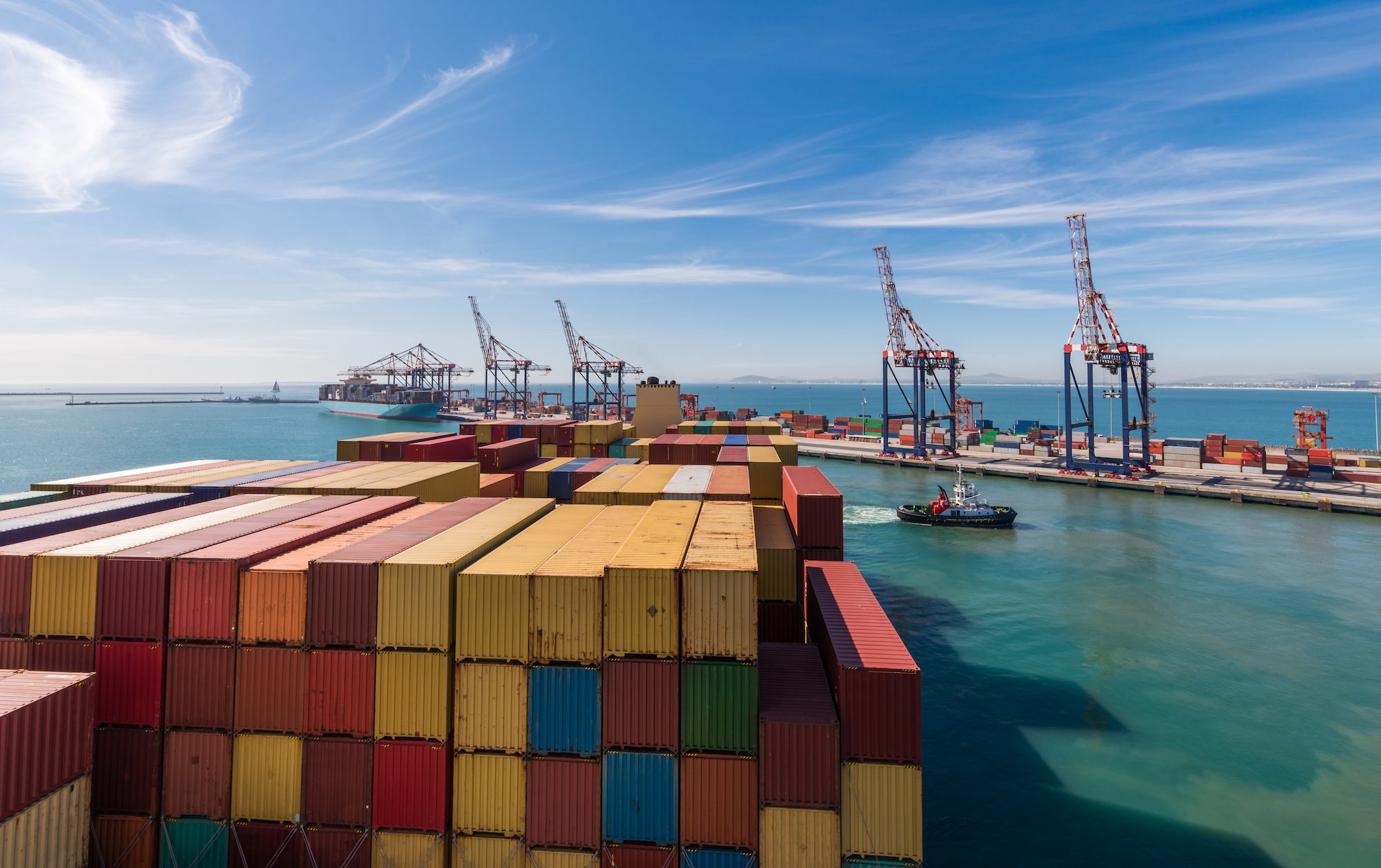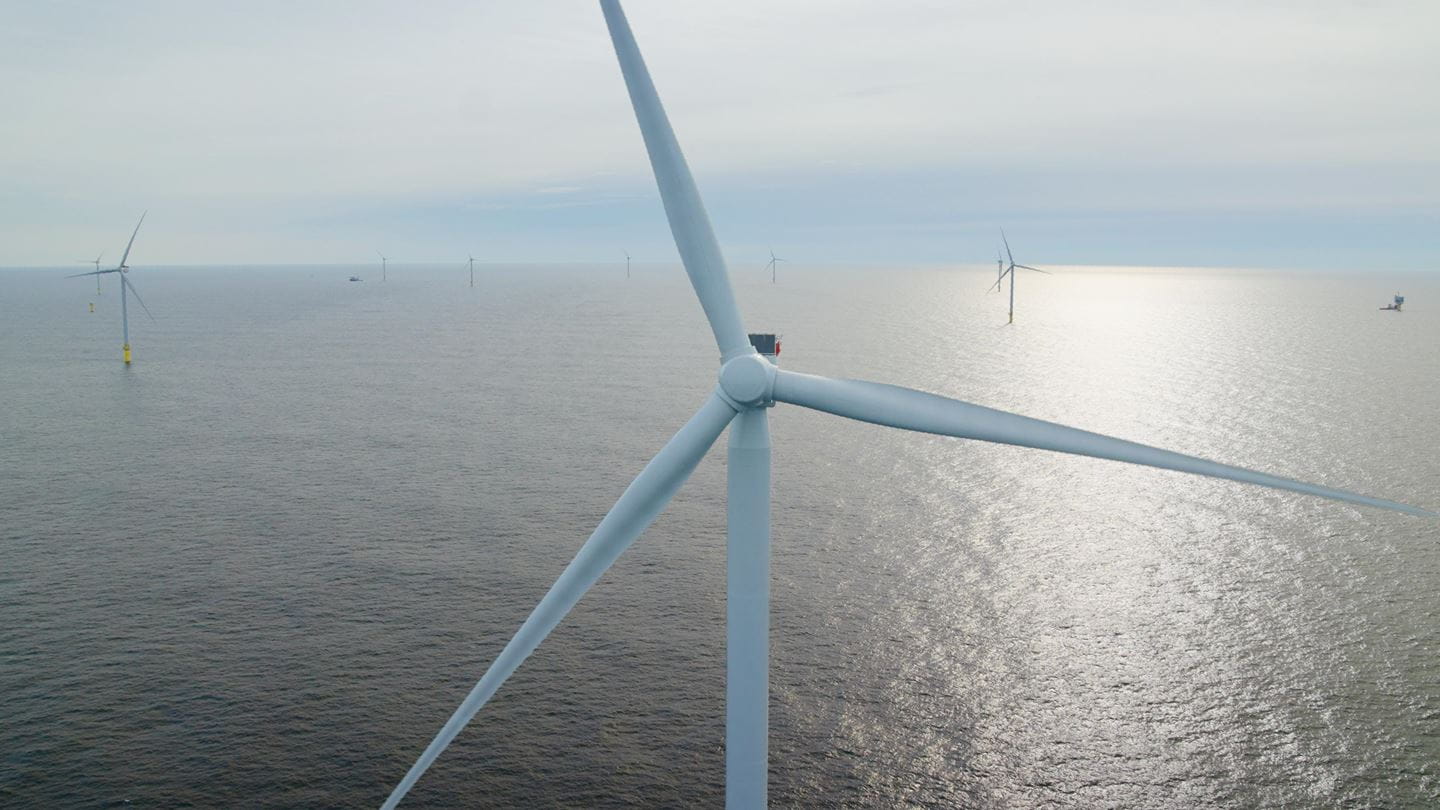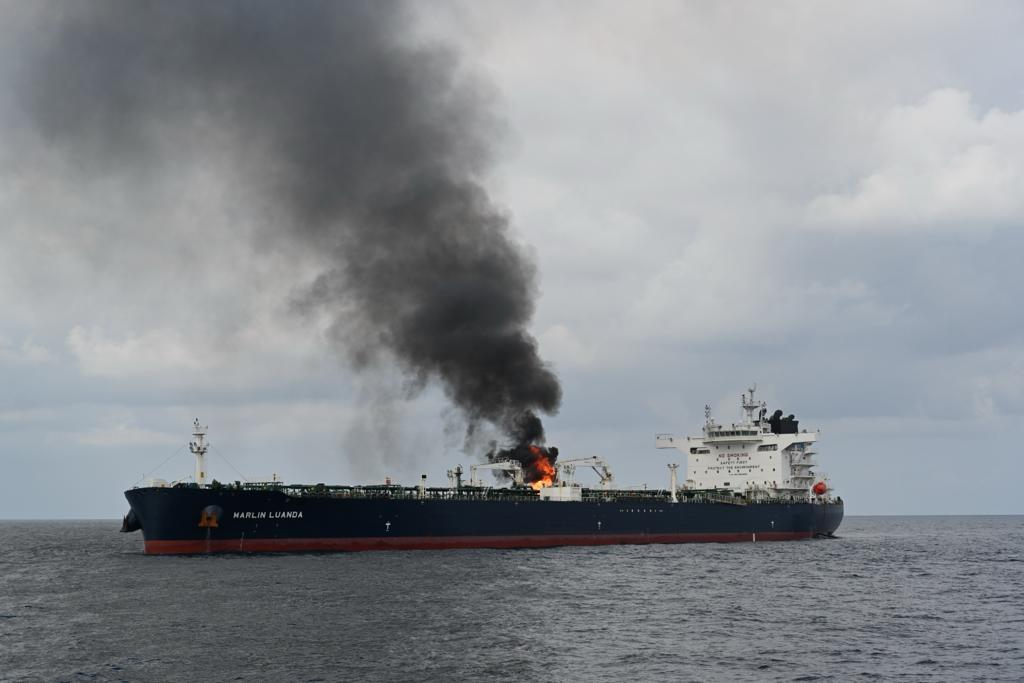Two Alaska-based seafood shipping companies have agreed to pay $9.5 million settlement to the U.S. government for violations of the Jones Act.
The settlement is one of the largest ever for a case brought under the Jones Act, which mandates that goods transported between two U.S. ports must be carried on U.S. flagged, owned and operated vessels. An exception to the law allows for Alaskan seafood to be shipped to the mainland U.S. via Canadian rail.
For over a decade, Kloosterboer International Forwarding LLC (KIF) and Alaska Reefer Management LLC (ARM) use the Canadian rail exception to transport frozen seafood from Dutch Harbor, Alaska, to the U.S. East Coast, via a port in New Brunswick, Canada. Upon arrival in Canada on foreign flagged vessels, the seafood was offloaded onto trucks and driven onto a flatbed rail car on the purpose-built “Bayside Canadian Railway (BCR),” a roughly 100-foot stretch of railroad track in the Port of Bayside. Once loaded, the rail car simply travelled the length of the track and back before the trucks were driven off. The seafood was then transported to a border crossing in Maine for final shipment to mainland U.S.
The companies claimed that using this method complied with the Canadian rail exception under the Jones Act because the seafood was “transported” by Canadian rail. However, the U.S. Customs and Border Protection (CBP) disagreed and launched an investigation into the companies’ use of foreign-flagged vessels and the BCR for their operations. The investigation concluded that using the BCR did not meet the criteria for the Canadian rail exception, resulting in violations of the Jones Act and a $350 million penalty issued against the companies.
The Bayside Shuffle: A $350 Million Jones Act Fight Over Frozen Fish
In response to the penalty notices issued by the CBP, the companies filed a lawsuit against the government, alleging they had not violated the Jones Act and that the penalties were unlawful. However, the U.S. District Court of Alaska ruled that the companies’ use of the BCR for part of their transportation process was unlawful, as it did not constitute actual “transportation” under the Act’s exceptions.
“This is the second largest settlement of a case brought under the Jones Act in the history of our Nation,” said U.S. Attorney S. Lane Tucker for the District of Alaska. “Our prosecutors and law enforcement partners did a tremendous job successfully investigating and litigating this complex case. Our office will continue to dedicate resources to ensuring the laws in place to protect fair maritime commerce are followed by all industries in Alaska.”
The companies have since stopped using the BCR to transport seafood to the U.S.
The settlement has been hailed as a win for fair maritime commerce and sends the message that the CBP takes Jones Act violations seriously.
“The resolution of this case sends a clear signal that CBP will use its law enforcement powers to detect and deter schemes that are designed to circumvent laws – such as the Jones Act — which are intended to protect U.S. industries,” said AnnMarie R. Highsmith, Executive Assistant Commissioner, Office of Trade, U.S. Customs and Border Protection.
Unlock Exclusive Insights Today!
Join the gCaptain Club for curated content, insider opinions, and vibrant community discussions.

 Join The Club
Join The Club













